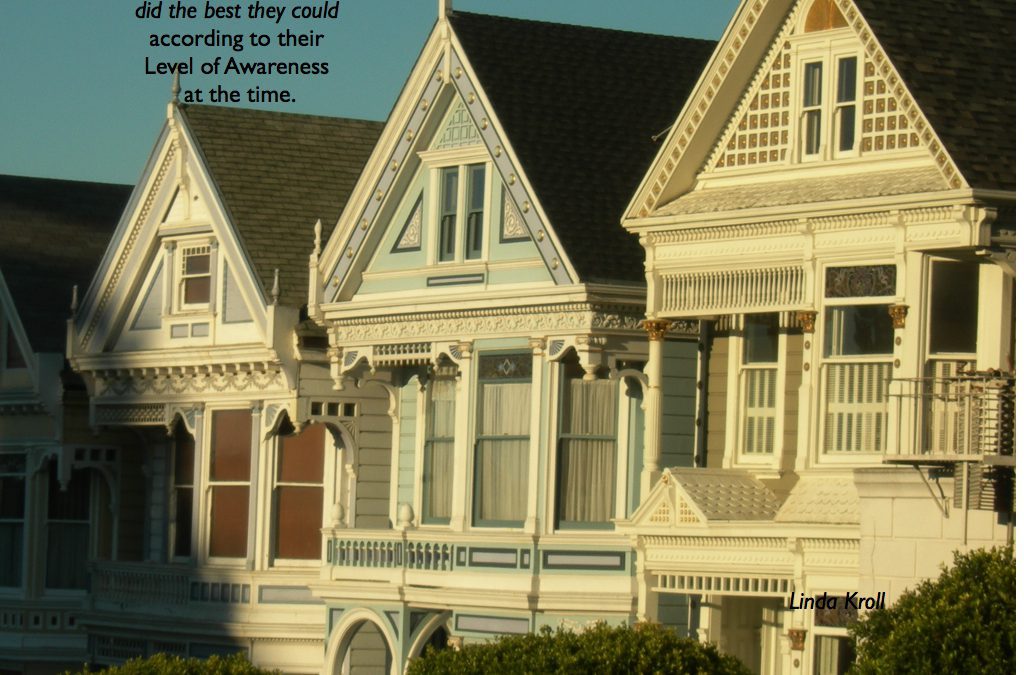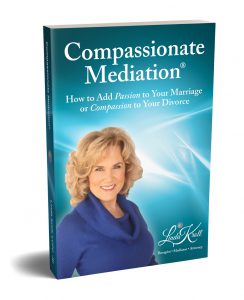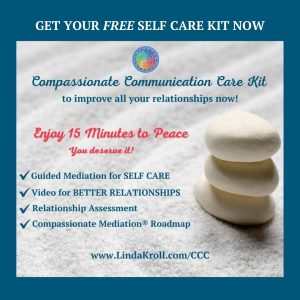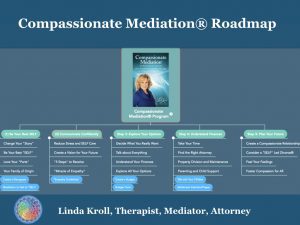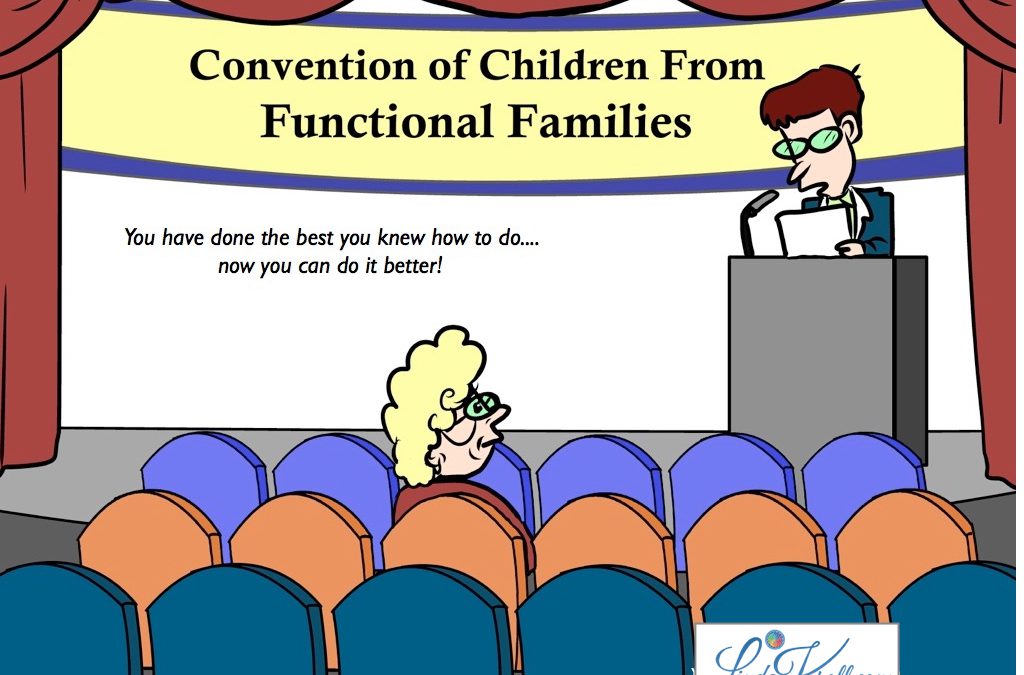
Our Stories
Our Stories
You might want to define yourself in terms of your “story” – what happened to you in your childhood, what is happening to you right now, who is causing you pain.
The more you tell your “story,” the less empathy you will receive from those around you. People tend to lose interest in the “yadayada” details of your life, and begin to shift their focus back to their own “yadayada”.
To receive the heart-centered support you might be seeking, have the courage to state your feelings. Your feelings are universal, and others can relate to you no matter how different your stories might be.
The more succinctly you state your feelings, the more you can process them and release the energy charge that they carry.
Feelings are not thoughts, nor are they judgments about another. The most universal feelings are often sadness and fear. When we are hurt by those we love or trust, it causes profound feelings, which must be acknowledged. We cannot change anyone else, but we can learn how to speak our truth clearly and compassionately.
We often get angry because our boundaries have been violated. Acknowledging your anger (rather than ignoring it or becoming enraged), will help you take appropriate action to begin to regain your balance.
Go into your heart and see what your feelings are right now. Share them with another compassionate heart, and begin to heal.
And forgive everyone, including yourself.
